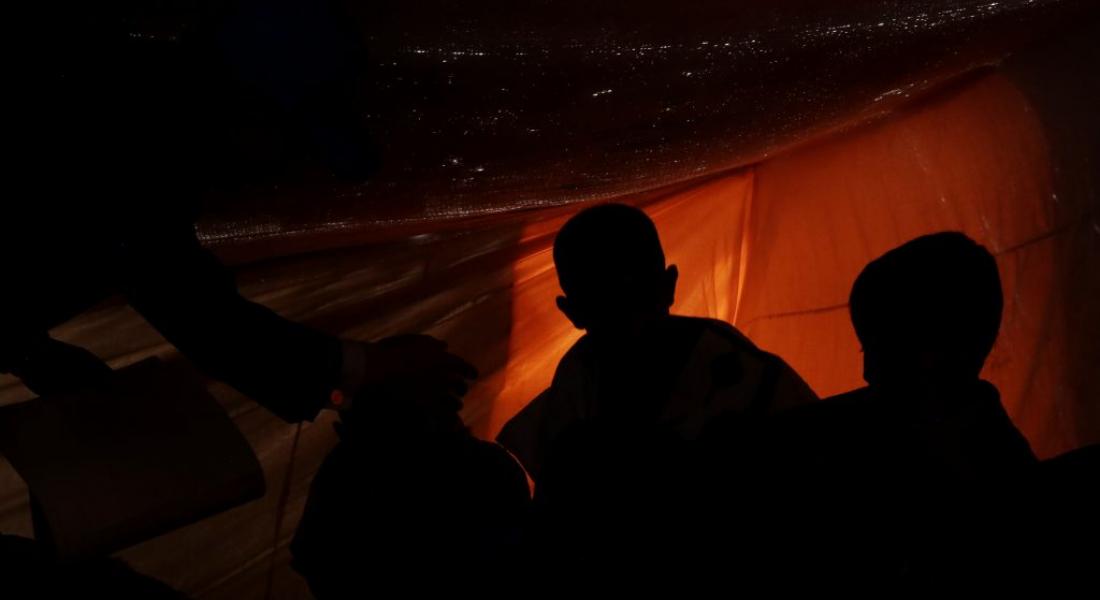
The coronavirus pandemic has worsened the suffering of refugees and displaced people, and policymakers must work now more than ever to protect their health, safety, and overall wellbeing, participants argued during a virtual panel discussion ahead of World Refugee Day.
The June 19 discussion presented by the Keough School of Global Affairs featured insights from experts at the Keough School and the Migration Policy Institute, who repeatedly underscored the need to see the humanity of refugees and promote human dignity. Panelists included Kellogg Institute Fellow Rahul Oka, research associate professor of global affairs and anthropology; Paul Perrin, associate professor of the practice; and Ilaria Schnyder von Wartensee, Ford Family research assistant professor. Faculty Fellow Clemens Sedmak, professor of social ethics at the Keough School and interim director of the Nanovic Institute for European Studies, moderated the discussion.
Other panelists were Diego Chaves, a visiting fellow at the Migration Policy Institute; Denis McDonough, professor of the practice of public policy; and Erin Corcoran, executive director of Kroc Institute for International Peace Studies.
Sedmak noted the immense challenges the world now faces: There were about 80 million forcibly displaced people at the end of 2019 – about one percent of the world’s population and almost double the number from a decade earlier.
“World Refugee Day . . . celebrates the strength and courage of people who have been forced to flee their home countries to escape conflict or persecution,” he said.
Together, panelists unpacked the challenges refugees face and explored how policymakers can do more to meet their needs. They examined how the plight of refugees has worsened during the COVID-19 pandemic and discussed how the Trump administration has worked to dismantle the US asylum system and roll back legal protections for refugees. Panelists also highlighted the need for epidemiological surveillance and better legal protections for Venezuelan refugees, who lack access to adequate hygiene and healthcare.
In addition, participants stressed the importance of seeing migrants as agents with dignity and explored how notions of accompaniment and encounter can help people see the humanity of forcibly displaced people. They also asked whether policymakers should reimagine or simply better implement the legal protections outlined in the Convention Relating to the Status of Refugees, which the UN established following World War II.
“The question for policymakers is, do the documents themselves, the conventions themselves, need to be re-envisioned in relation to this massive challenge coming forward and the massive challenge we’re living today, or is it a question of execution of access to the existing rights enshrined in the convention?” McDonough asked, noting that the Keough School is training policy experts who will help think through such questions. “There is still a broad recognition of the United States needing to play a significant role in this ongoing challenge.”





